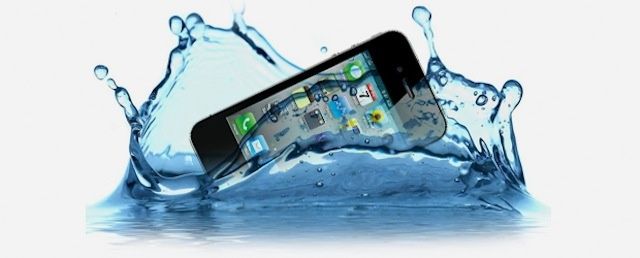Apple, Samsung & HTC To Release Liquid-Cooled Smartphones This Year [Rumor]
NEC became the world’s first and only smartphone manufacturer to launch a liquid-cooled handset back in May, but it may quickly lose that claim later this year. According to some sources, a number of high-profile smartphones makers, including Apple, Samsung, and HTC, will be launching their own liquid-cooled devices in the fourth quarter.
Of course, DigiTimes isn’t the best source, so we advise you to take its rumors with a pinch of salt — particularly when they’re as farfetched as this one. But according to “sources from cooling module player [sic],” Apple, Samsung, and HTC are all “showing interest” in adopting liquid-cooling technologies for new smartphones that will launch later this year.
DigiTimes notes that conventional “graphite plus foil cooling” methods are no longer able to dissipate enough heat in modern smartphones, especially those with 4G chips built-in, and so overheating is becoming an increasing concern. An affective way to tackle that is to use ultra-thin “heat pipes” that circulate cooling liquid around the internals of the device.
The heat pipes used in NEC’s Medias Xo6E are much smaller than those used to cool ultrabooks, measuring just 0.6mm in diameter. So size may not be too much of an issue. But there are other concerns that come with this cooling method.
There’s always a chance that the liquid used to cool the device leaks inside it and causes component failure, and that’s an even bigger issue with smartphones, which we carry around in our pockets and bags all day long, and tend to drop more frequently than other devices. And then there are manufacturing hurdles to overcome, too.
While there are several cooling module manufacturers currently producing 0.6mm pipes, they’re not producing them fast enough. So installing them in a handset as popular as the iPhone or one of Samsung’s latest flagships would be infeasible at this time.
The possibility of all Apple, Samsung, and HTC all launching liquid-cooled smartphones by the end of this year seems highly unlikely, then.
- SourceDigiTimes



